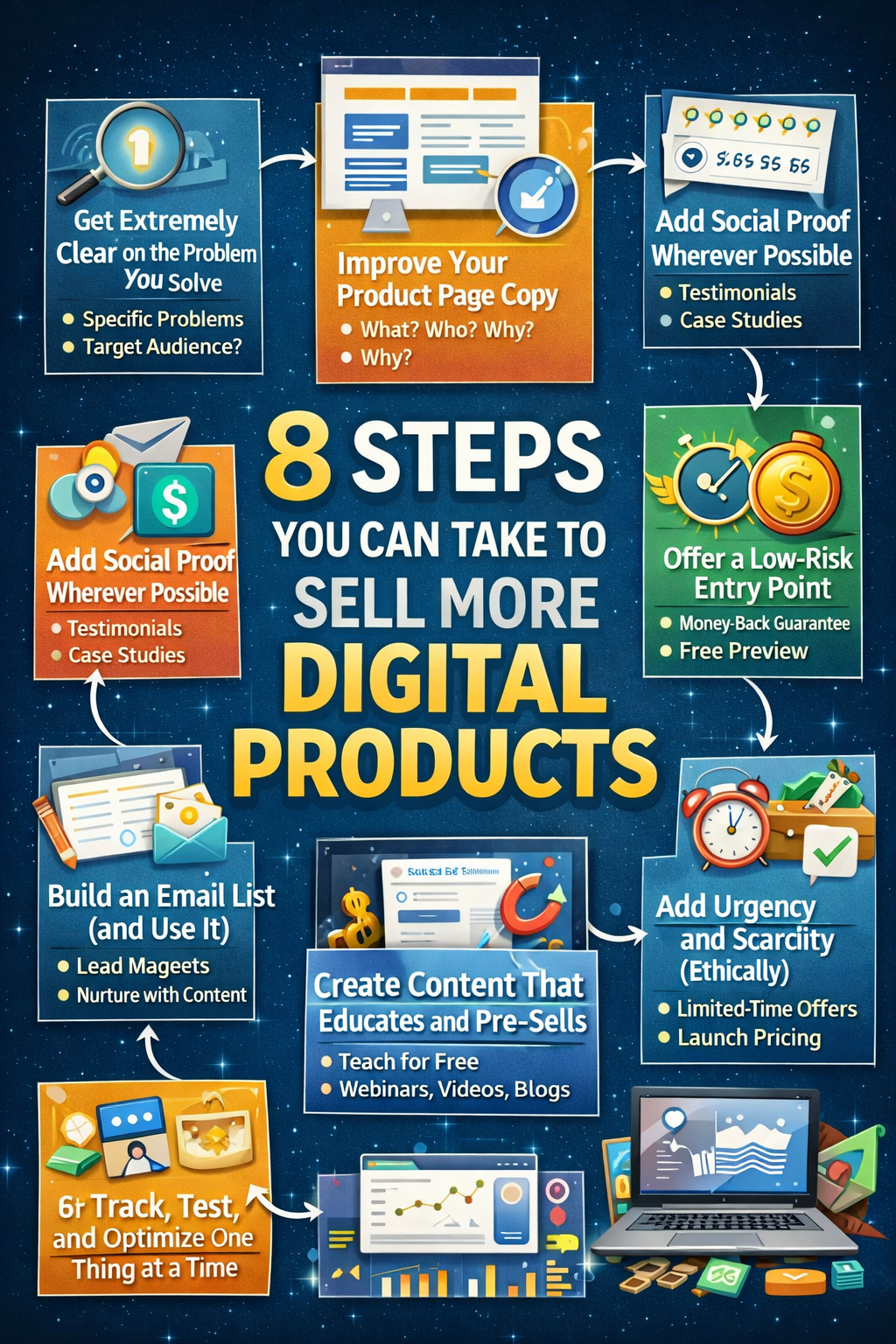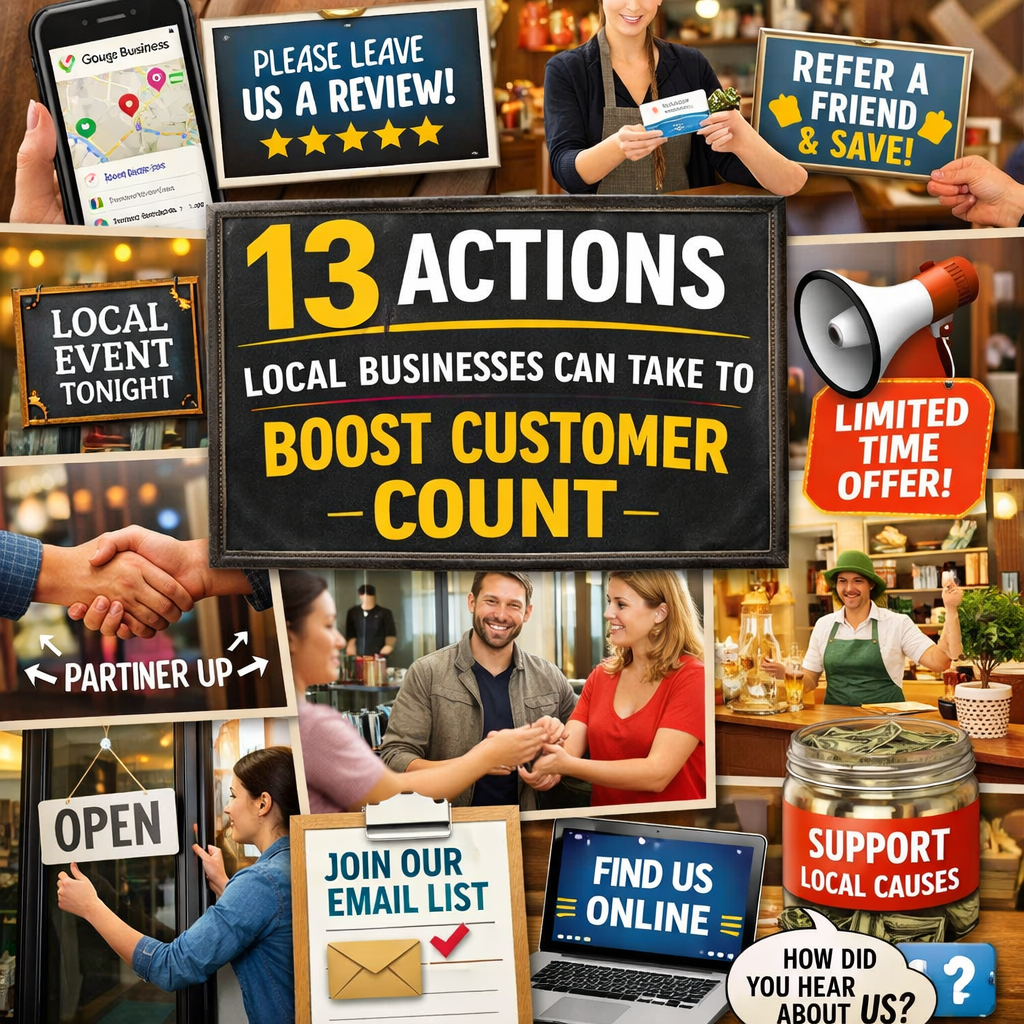
Why “AI-Driven Personalization & Automation” Is Trending
Trending Marketing Topics (with Data) for Google + Facebook Marketers in 2025
Here are some of the biggest, evidence-based trends shaping digital marketing right now — backed by recent reports and industry data.
1. AI-Powered Personalization & Predictive Analytics
-
According to Adobe’s 2025 Digital Trends Report, 65% of senior execs say AI + predictive analytics will be a core driver of growth.
-
Generative AI in digital marketing is projected to grow massively — one market report estimates it will go from $2.48B in 2024 to $35.12B by 2034.
-
Many companies (per the IntelligenceBank Content Marketing Trends Report) are using AI for content ideation, real-time personalization, and workflow automation.
Why it matters:
-
On Google, AI + predictive analytics helps you serve more relevant search ads and content.
-
On Facebook / Meta, AI helps optimize ad creative, audience targeting, and dynamic personalization in real time.
How to use it:
-
Use AI tools for personalized content (emails, landing pages, ads)
-
Leverage predictive analytics to forecast customer behavior and tailor campaigns
-
Test generative AI for ad creative + copy, but always A/B test
2. Search Experience Optimization (SXO) / Generative Engine Optimization (GEO)
-
According to several sources, Google’s AI-powered “overviews” are reshaping how people interact with search results.
-
Semrush’s 2025 trends highlight that AI is shifting SEO from pure keyword focus to contextual experience and intent.
-
There’s also growing talk of “Generative Engine Optimization” (GEO) — optimizing content so it’s more likely to be used / cited by AI-powered search/chat systems.
Why it matters:
-
With Google, more searches could be answered directly by AI or “search summary” features.
-
On Meta, SEO-style content that is optimized for AI (GEO) can help attract more organic and referral traffic.
How to use it:
-
Structure content for featured snippets, FAQ, and AI citation (clear, authoritative)
-
Create content designed to answer user intent, not just target keywords
-
Use schema, structured data, and other SEO best practices to help AI systems understand your content
3. First-Party Data & Privacy-First Marketing
-
According to a Q1 2025 industry update, 82% of marketers are prioritizing first-party data collection.
-
With the decline of third-party cookies and stricter privacy rules, first-party data (customer data collected directly) has become more valuable.
-
AI + predictive analytics, when combined with first-party data, can deliver hyper-personalized experiences.
Why it matters:
-
On Google Ads, you can use first-party data to build more accurate audiences, retarget, and optimize.
-
On Facebook, first-party data (like email lists, CRM data) can feed into custom audiences, lookalikes, and (with AI) more precise ad targeting.
How to use it:
-
Build and enrich your first-party data: email lists, CRM, website interactions
-
Use that data to create tailored ad audiences
-
Leverage privacy-first strategies (transparency, consent, data ethics) in your marketing
4. Voice, Image & Multimodal Search
-
Voice search continues to matter: as more people use voice assistants, brands need to optimize for conversational queries.
-
Search is becoming more multimodal: text + image + voice queries are all important.
-
B2B e-commerce trends report (Algolia) also suggest that AI-powered site search and discovery (leveraging multimodal inputs) is a big focus.
Why it matters:
-
On Google, optimizing for voice and visual search can help your content surface in new ways
-
On Facebook / Instagram, multimodal content (images, video, interactive formats) resonates more — especially when paired with AI-driven personalization
How to use it:
-
Create content using conversational, question-based keywords
-
Optimize pages for visual search (alt text, structured data)
-
Use short-form, interactive, and visual content in your ads and organic social strategy
5. AI Ethics, Explainability & Responsible Use
-
As marketers use more AI, there’s growing scrutiny around transparency and ethics: how AI decisions are made, how data is used, and how content is generated. This is showing up in many “AI in marketing” trend reports.
-
According to HumansWith.ai, the cost-saving benefits of AI are huge but marketers are also focusing on brand trust, authenticity, and governance.
Why it matters:
-
On Google, how you use AI in content and ads can influence brand reputation + compliance.
-
On Facebook, users are sensitive to inauthentic or overly automated content — balancing AI automation with real human touch will be key.
How to use it:
-
Be transparent when using AI-generated content (e.g., disclose in content if appropriate)
-
Use AI tools that provide “explainable” outputs when possible
-
Combine AI efficiency with human storytelling and oversight
Visualizing the Trend Growth (Hypothetical / Data-Backed)
Here’s a simple projected trend growth model (based on industry reports and forecasts):
| Trend | Estimated 2025 Impact | Growth Signal |
|---|---|---|
| AI Personalization & Predictive Analytics | High – major budget shift | Adobe report: 65% execs prioritizing Adobe Business |
| Generative / GEO Search Optimization | Very high – new SEO paradigm | Semrush + academic research Semrush |
| First-Party Data & Privacy-First Marketing | Medium–High | Industry sources showing widespread prioritization Kreativa Inc |
| Voice / Multimodal Search | Medium | Multiple sources call it “next search frontier” LinkedIn |
| AI Ethics & Responsible Use | Growing concern + priority | Experts emphasizing AI governance HumansWithAI |
Why These Trends Matter for Facebook + Google Marketers
-
Budget Efficiency: AI + predictive analytics help you get more ROI from ad spend on both Google and Meta.
-
Audience Targeting: First-party data + AI = smarter lookalikes, better retargeting.
-
Content Strategy: GEO / AI-optimized content helps you rank for conversational / AI-driven search.
-
User Experience: More personalized interactions build loyalty and trust.
-
Brand Trust: Using AI responsibly builds credibility with your audience.






